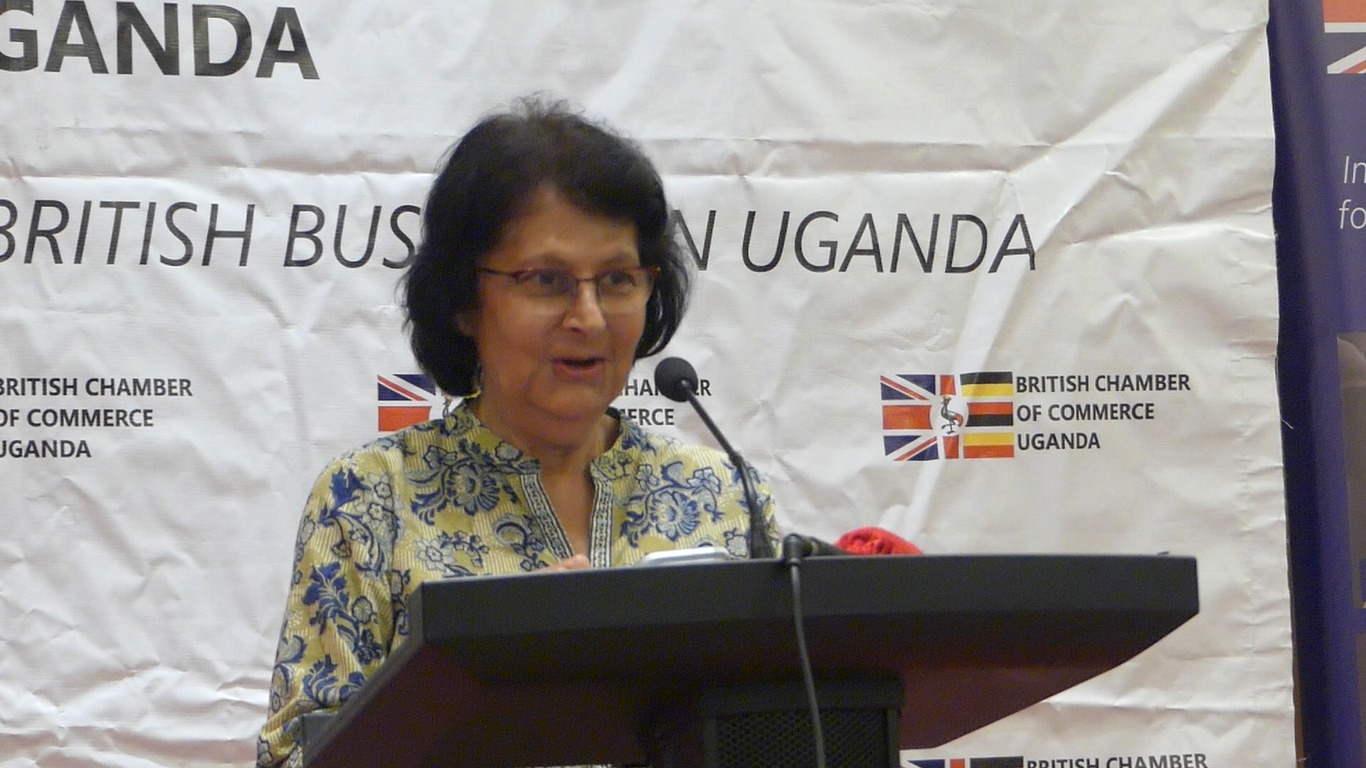The High Court has granted Centenary Bank 14 days to to defend itself in a lawsuit accusing it of fraudulently withdrawing over Shs 310 million from the estate account of a deceased employee.
The case stems from the death of Resty Mutima, a former bank employee. Her father, Gabriel Musisi, who was appointed administrator of her estate, claims the bank “swindled” Shs 310 million from an account set up to hold her assets.
According to court documents, Musisi approached the bank after his daughter’s death to close her personal accounts and transfer the funds to a new estate account.
He alleges that between August 2019 and March 2020, the money vanished without any record on the bank statements, despite his repeated attempts to access it.
Musisi filed a suit seeking to recover the full amount plus interest. He told the court he had never withdrawn the money himself or authorised anyone else to do so, and that the bank failed to provide explanations or complete an investigation despite promises.
He also mentioned facing pressure from Mutima’s children, who sued him in a separate family court case demanding he account for the funds.
In response, the bank argued that its internal probe uncovered no fraud on its part. Instead, it claimed a “system error” had omitted a large cash withdrawal of Shs 270 million by Musisi on 10 March 2020, along with bank charges, leaving a balance of just Shs 10,000 by the end of that month.
The bank’s litigation manager, Ruth Birungi, stated in an affidavit that Musisi had visited the bank multiple times and withdrawn funds, which were properly recorded.
The bank further contended that suspicious transactions on the account were carried out by Musisi and unknown accomplices, and that the lawsuit should not proceed as a summary suit because it involves allegations of fraud, which require a full trial under Ugandan civil procedure rules.
Justice Dr Ginamia Melody Ngwatu sided with the bank. She ruled that there are “triable issues of fact and law” that need to be examined in a full hearing, including whether the funds were indeed fraudulently withdrawn and the exact amount in dispute.
The judge explained that leave to defend the suit is granted when a defendant shows reasonable grounds for a bona fide (genuine) defence, such as disputes over facts or legal points.
The court also noted that summary suits are not suitable for claims involving fraud, as they must be proven through evidence in an ordinary trial. As a result, the bank has been given unconditional leave to file its defence within 14 days of the ruling.
This decision means the case will now proceed to a full trial, where both sides can present evidence and witnesses.
The original suit was filed after Musisi’s failed attempts to resolve the matter directly with the bank, which he said refused to provide written updates on the account status.







